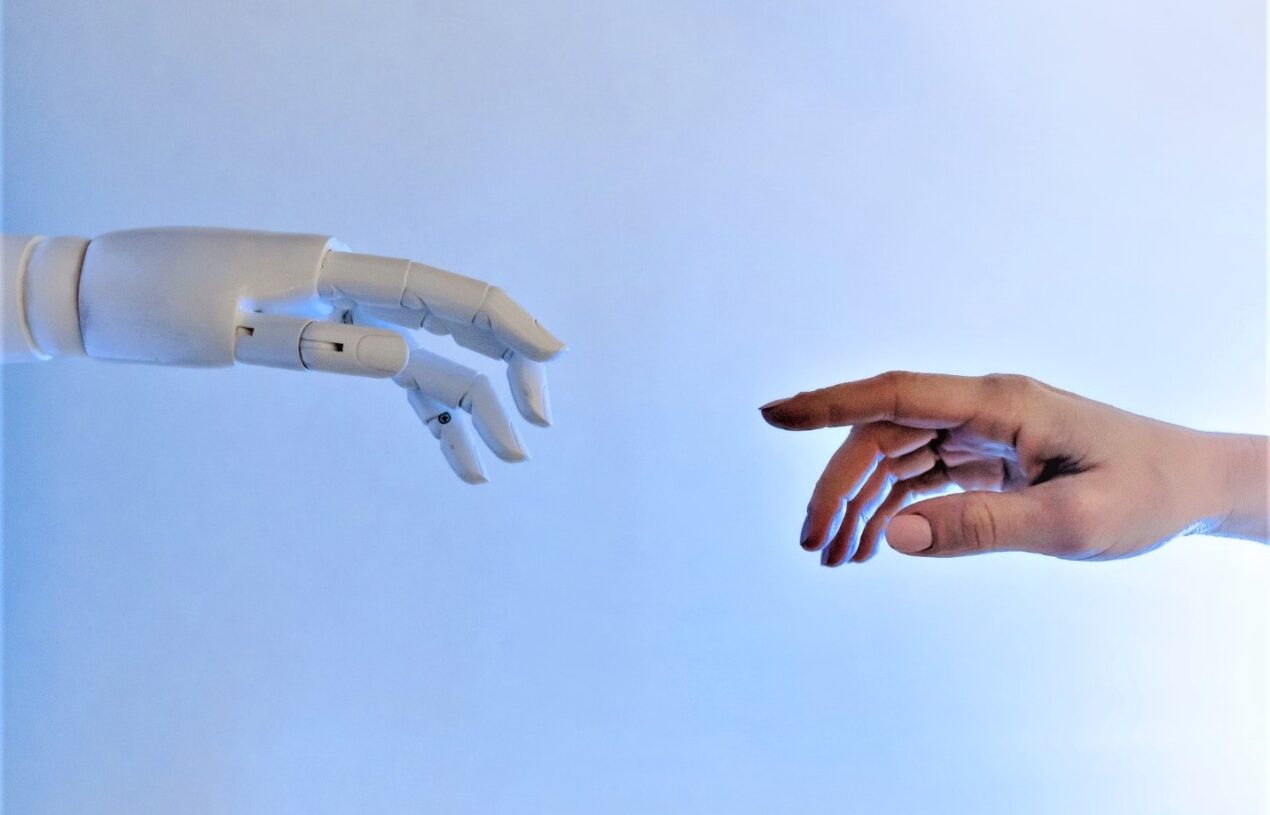AI is continuously evolving and getting smarter day by day. All the things advanced artificial intelligence can achieve nowadays makes us wonder if it will eventually dominate the human race. Sci-Fi movies suggest disastrous outcomes, which horrify and excite us simultaneously. While AI excels at completing many mundane and repetitive tasks, it fails to impress in fields where the brain and heart are actively involved. AI still lacks in emotional intelligence and thinking skills that are natural characteristics of a human being.
AI can perform numerous everyday jobs much better than we us because it eludes fatigue and error; yet, it is limited to what it is programmed for. AI cannot takeover many occupations, but it can be of great assistance in every industry. If you are entitled to one of the following professions, you do not have to worry about being replaced by AI (at least not anytime soon):
1. Lawyer
Can you imagine a Robot playing the role of a criminal defense lawyer at court? Probably not. A lawyer’s whole career is built upon analyzing, researching, cross-examining, negotiating, manipulating, and exploitation. They never fight the same case twice and they constantly need new tricks up their sleeve. The outcome of a trial is hard to predict, as you never know what the prosecution or defense might hurl at you. A lawyer often has to strategize on the spot or at the last minute, which is not something AI would be capable of, despite vigorous machine learning.
2. Teacher
You can access an abundance of knowledge through books and the internet, but only a teacher can help you understand complex concepts. AI is mechanical, which means it cannot put much thought into communicating information. A human teacher stoops at the level of his/her student to make sure that they learn something. They come up with every-day life examples or stories that pupils can relate to or identify with. A robot is not capable of exhibiting such creativity and ambience.
3. Event Planner
Event planning and management requires skill, patience, and the ability to multitask. Arranging an event for dozens or hundreds of people requires a great deal of social interaction. One has to collaborate with different contractors and vendors to make the thing happen. All the details involved in this job would be impossible to automate. While AI has underwent sufficient development to initiate a conversation like a real person, it wouldn’t be able to keep up with unexpected questions or requests. Event planners are supposed to be highly resourceful and tactful because more than often plans falter because somebody bails at the last minute, or something doesn’t turn out as scheduled.
4. Writer
AI could use existing literature and cook up something that looks ‘new’, but it cannot be original. Writers use their imagination and creativity to bring text to life. They have to embed emotions into their words, which is not something a machine would accomplish. Nonetheless, AI sure has made creating content easier for writers in the form of spelling, grammar, and plagiarism check software. You may also come across software that can spin or paraphrases published material; however, the rephrased content is rarely usable or up to par.
5. Artist
Art comes in many forms: painting, singing, acting, composing, dancing etc. Whatever an artist creates constitutes part of their soul, which is absent in computers. AI can mimic the actions of various artists, but the performance will exclude expression, i.e. it won’t be multidimensional as with real human beings. The movements of a robot should be more precise, void of any shortcomings; yet, they will lack the appeal of the real deal because it is our imperfections that make us complete.
6. Human Resource Manager
AI can interpret data and make decisions accordingly; however, reality is seldom what we see on paper. Hiring people, resolving workplace conflicts, and maintaining a balance within an organization requires reasoning and problem solving skills. You cannot decide if someone is suitable for a job just my looking at their resume. Similarly, you cannot evaluate someone’s performance by studying facts and figures alone.
7. CEO (Chief Executive Officer)
The CEO has several responsibilities, thus he/she needs strong leadership qualities to control all aspects of an organization. AI is not capable of handling all the challenges, and nobody would appreciate a computer telling them what to do. If you think about it, who would even hire a robot to supervise real people? Human beings are always going to be in charge because it is them who created artificial intelligence.
8. Athlete
Sports would be pointless if machines replaced humans; every game would be too bland and predictable. AI cannot replicate the stamina, spontaneity, and dexterity of real athletes. If there was a race between identical robots, they would probably cross the finish line at the same time. Who would people root for in competitions that did not include real people?
9. Psychologist
As AI lacks a mind, heart, and soul, it cannot comprehend the psychological problems of a living person. AI might be able to answer many questions, but it cannot relate to your mental challenges or give advice to overcome them. Artificial intelligence is based on pure logic, so it shall not entertain or understand complex sentiments.
10. Software Developer
Software development is difficult enough for human beings, so teaching it to a robot would be even harder. AI can easily replicate data, but it cannot write code. Although, artificial intelligence is a vital component of information technology that can generate programs involving no code.
